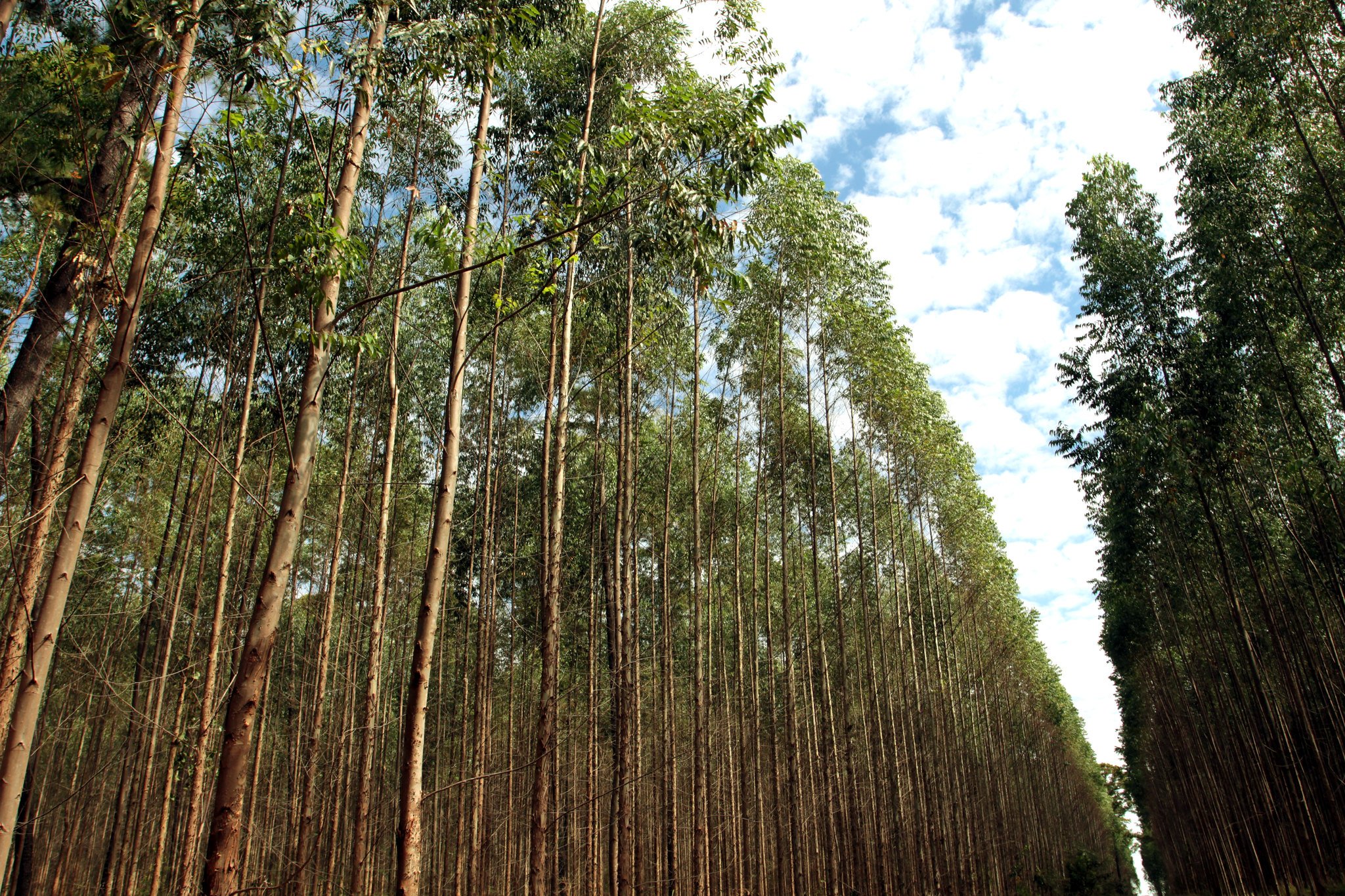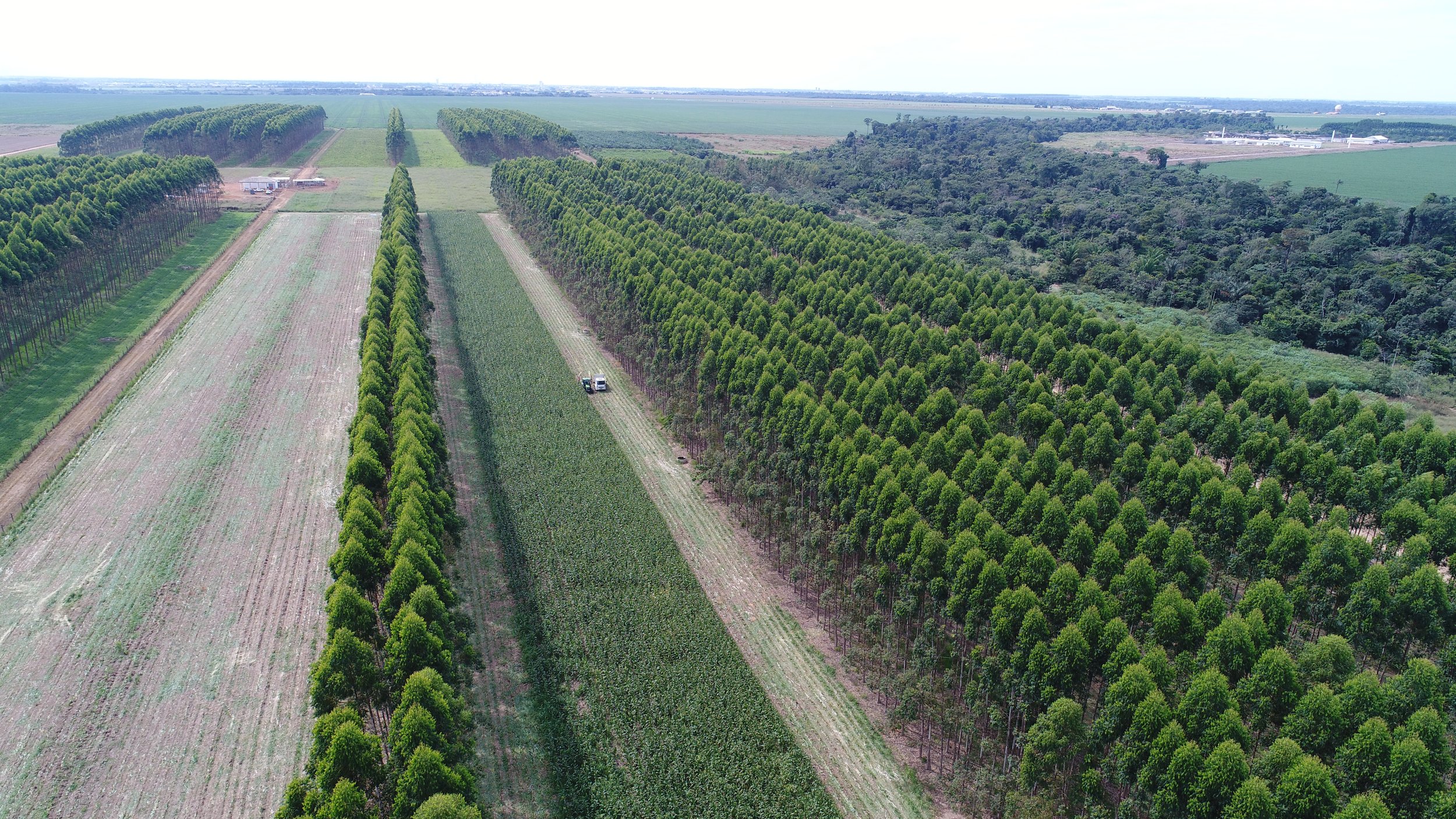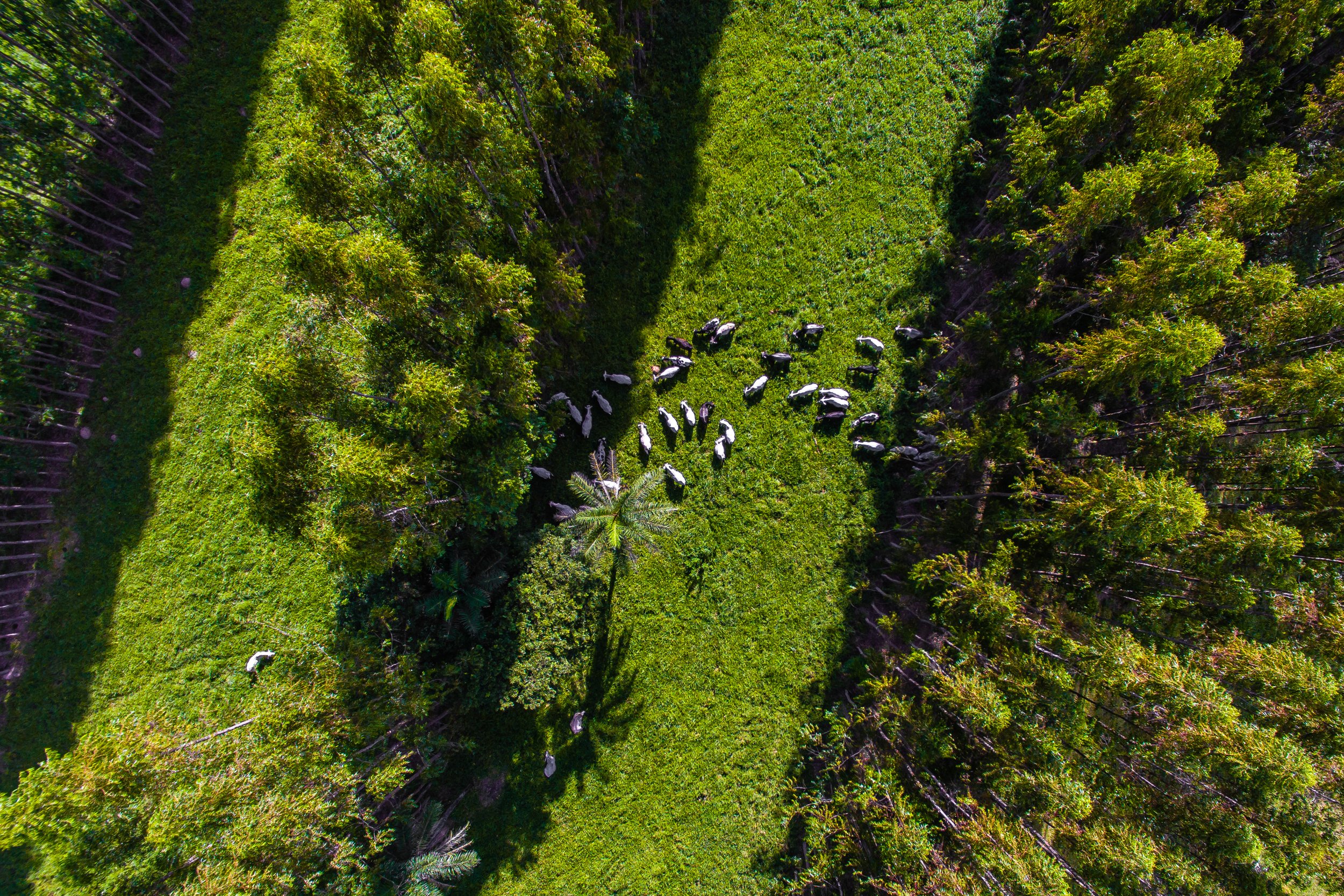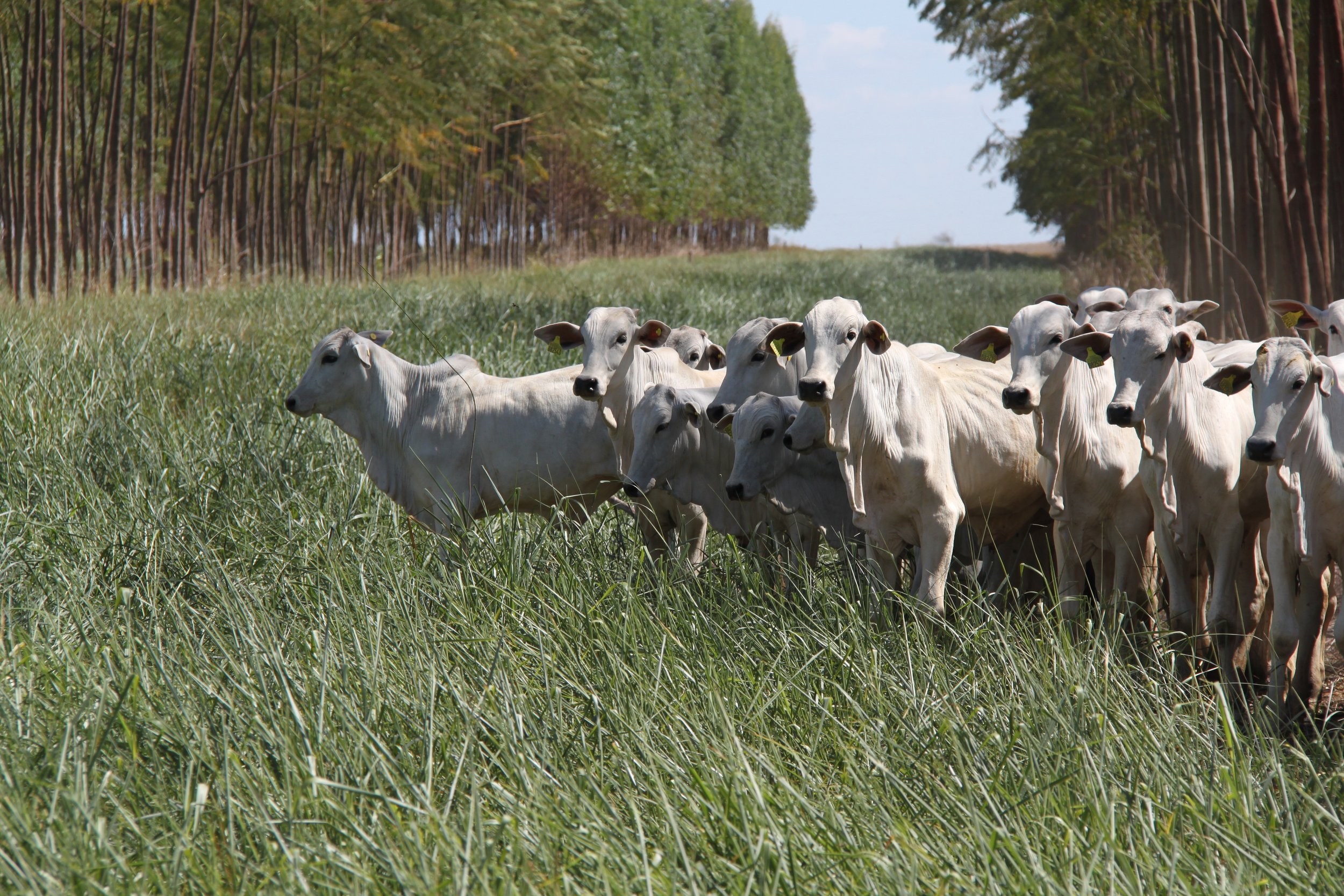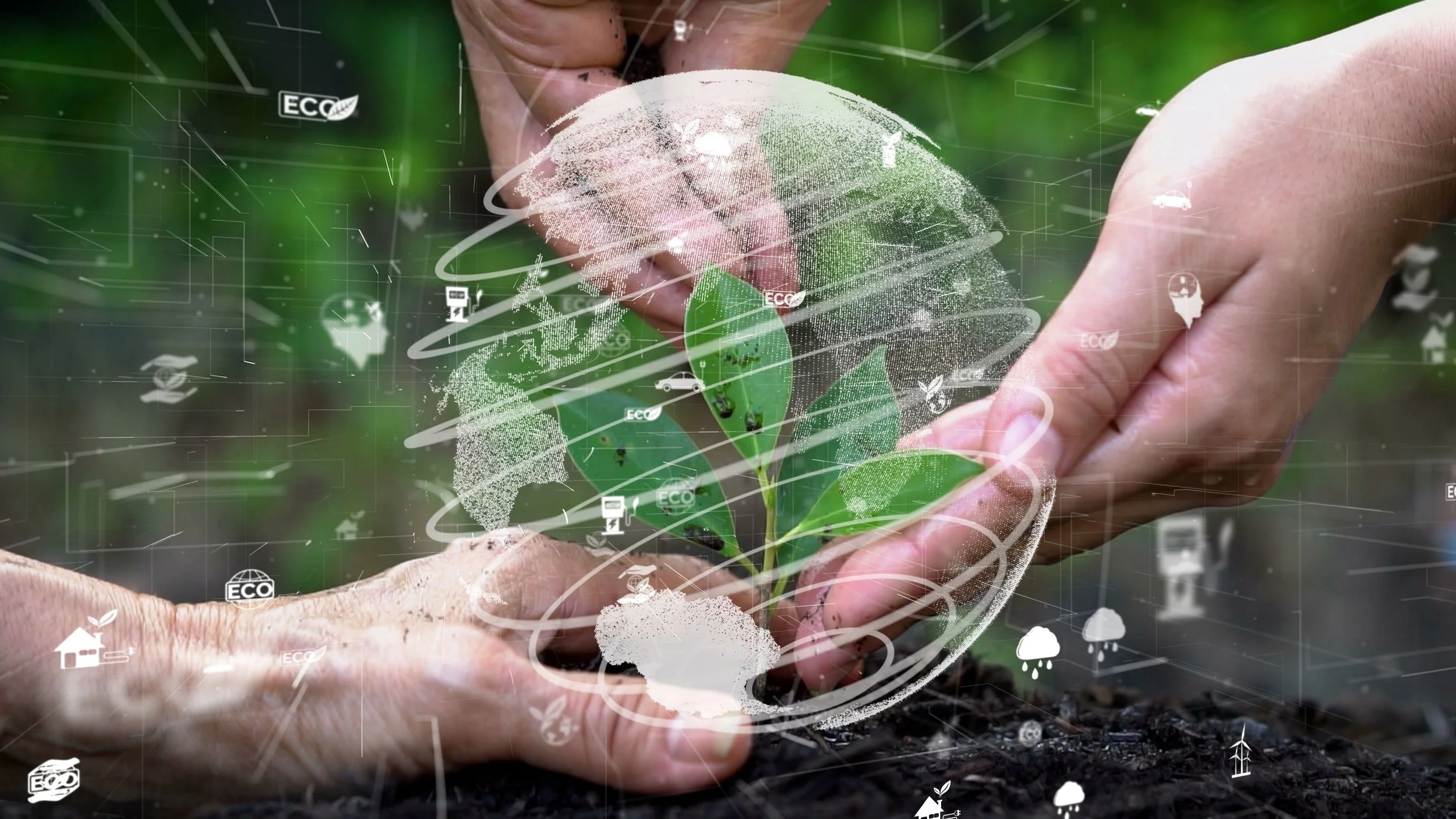sustentagro: Crop-livestock-forest integration in a sustainable soybean chain
Innovation and incentive program for the adoption of integrated crop-livestock-forestry systems in the sustainable soy chain
START
May 2023
DURATION
24 months
LOCATION
Brazil
STATUS
In Progress
Brazil is the world's largest soy producer and exporter, according to data from the IBGE, with an annual output of 134.9 million tons. A study by Nature Sustainability shows that soy already occupies 42.89 million hectares in the country, with ongoing expansion into areas of the Cerrado and Amazon biomes. If this trend continues, over the next 15 years more than 5.7 million hectares of forests and savannas will be converted to soy and 1.9 million tons of CO2 will be emitted. The partnership with the ILPF network promotes increasing the use of integrated crop-livestock-forest systems adjusted to the need to contain the advance of the agricultural frontier into the Cerrado and of grain farming impacts on the environment.
The project in partnership with the Land Innovation Fund will be structured on three pillars: 1) monitoring different ILPF systems, with the development of a protocol for land use and sustainable practices, while creating a database of carbon and greenhouse gas emissions for soy crops, certifying sustainable and deforestation-free production, and promoting discussions and training on financial mechanisms and green business; 2) workshops, technical training and technology transfer activities for technicians and farmers on low-carbon and digital agriculture; and 3) developing an integrated platform with data from monitoring and verification of soy production chains, covering sustainability parameters and requirements, including carbon inventory calculations and management of ESG products.
The proposal will monitor environmental compliance by more than 30 farms, on more than 60,000 hectares, 30,000 of which will also participate in certification processes and validation of sustainability criteria. The unique feature of the project is its broad approach to evaluate and validate integrated crop-livestock-forest systems (ILPF) using a variety of methodologies in a single platform, which will allow for efficient monitoring and precise quantification of soil carbon. At the end of the project, a protocol will be drafted compliant with guidelines established by Embrapa experts and voluntary carbon market institutions, for validation of the service by an international certifier and approval of the GHG verification system on ILPF farms.
Besides soy, the project will also analyze second-crop consortia such as corn, sorghum and millet, which help complement farmers’ income and make the farm more sustainable when correctly managed; cattle raising in consortia with soy, which, associated with the use of forage cover, can contribute to the increase of organic matter in the soil and the consequent reduction in a farm's use of chemical inputs. Finally, the initiative also stimulates intercropping with forests that help to reduce and remove greenhouse gas emissions into the environment.





